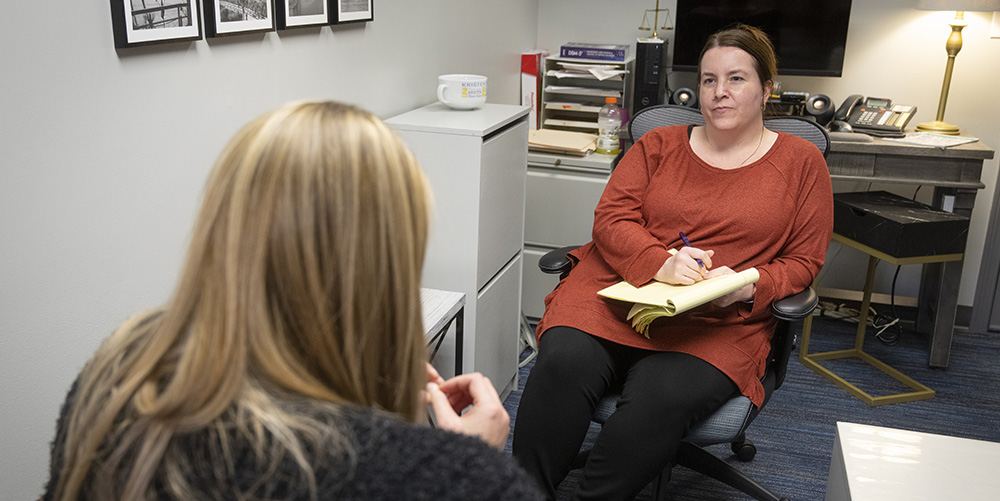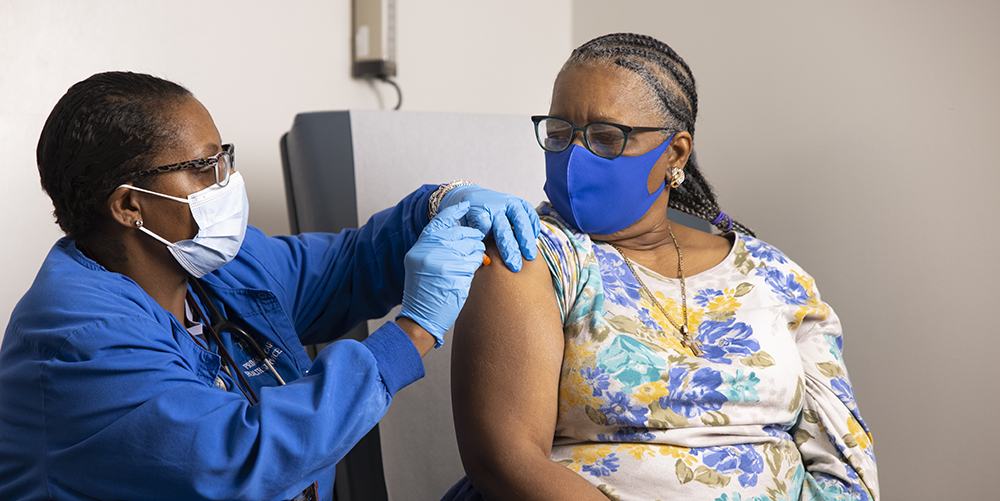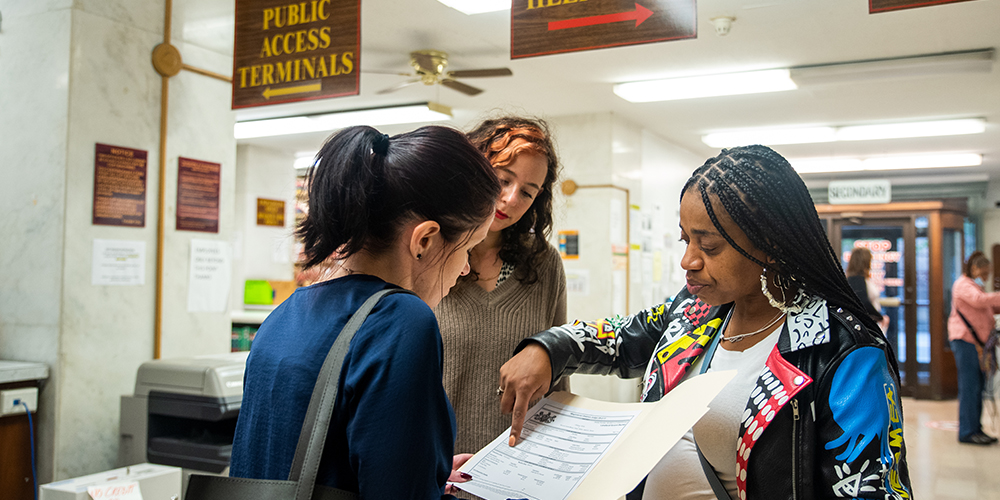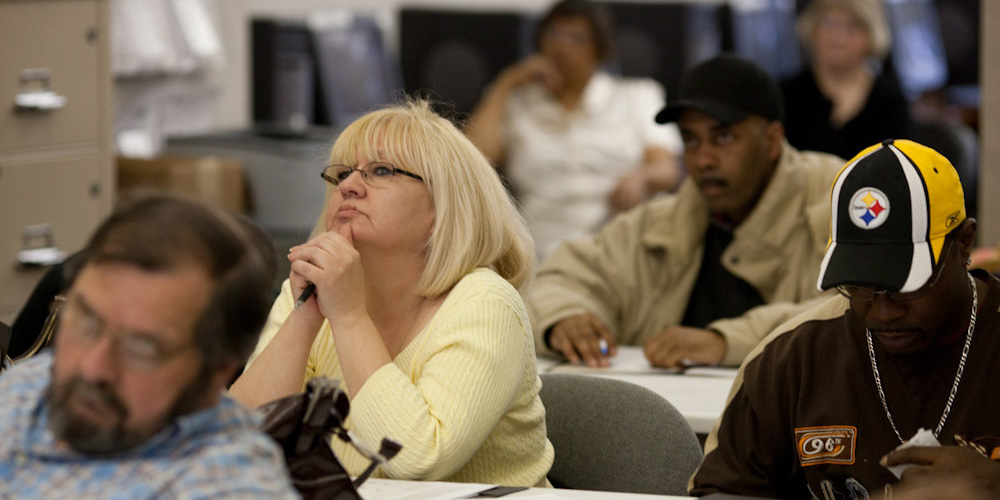Education

Education includes student-centered activities that promote curiosity, joy and academic improvement in math, literacy, civics, history and science. It also includes the development of critical thinking, project-based learning and social capital competencies that are key to student success. Key to the development of these skills is the out-of-school time community, which serves as a bridge between learners, families and educational institutions. In Allegheny County, 67,000 students would attend an out-of-school time program if one were available. And if performance gaps based on race, ethnicity or economic status were eliminated, up to $5 billion dollars in lifetime compensation and in-kind benefits could be directed to students and their families, annually.
In our education portfolio, we are interested in supporting the following:
Out-of-school time (OST)
The Foundation supports culturally-responsive, out-of-school time programs that promote academic achievement and whole-child development. Specifically, we seek to support:
- Activities that offer advanced skill development opportunities and/or certifications.
- Tutoring and homework assistance.
- Post-secondary planning and application support.
- Opportunities to build relationships between schools and families.
We are particularly interested in programs that work to maximize student learning time, reduce chronic absenteeism, offer evidence-based mental health supports and serve students with disabilities and experiencing housing insecurity.
Improving education quality
The Foundation supports the following to ensure every child receives in-school instruction in an environment that is safe and high-quality:
- Specific curricula improvements at high-need, low-performing schools (e.g.: new science, literacy, math, civics or history curricula).
- Responsive professional development for OST and school staff.
- Efforts to reform policies and practices that negatively impact students and their families.
NOTE: With limited resources, we find that we must create some parameters for our grantmaking. While we recognize their value, the following are not eligible for support at this time: Episodic programming, occurring less than three days per week (Grades K-5), or less than twice per week (Grades 6-12); or summer-only programs; leadership development or service-learning programs; and athletic programs, unless there is a clear case for alignment with the criteria for out-of-school time.
Application Deadlines
| Foundation-Directed Grants | Application Deadlines* |
|---|---|
| Spring grant cycle | Tuesday, Feb. 3, 2026 by 5 p.m. (for funding decision after May 13) |
| Fall grant cycle | Wednesday, July 15, 2026 by 5 p.m. (for funding decisions after Oct. 28) |
*Dates above apply to most grant programs. If dates differ, they will be listed on the program page. Dates may be subject to change. The Foundation may adjust the timing of grants in consideration for funding.
Grant Guidelines
How to Apply for Grants

Jamillia Kamara Covington M.Ed.
More Grantmaking Supporting Basic Needs
The Pittsburgh Foundation also offers the following funding opportunities to eligible applicants.






